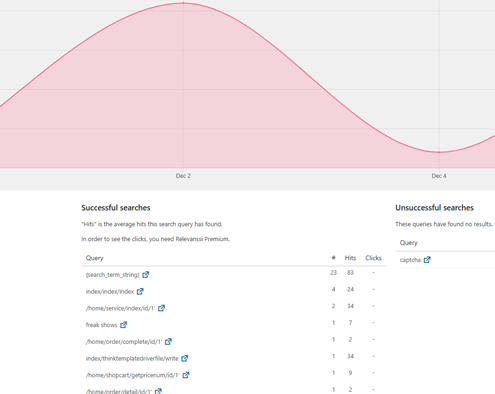Tag Archive for: search queries

Is Your WordPress Site Being Targeted by Bots? Here’s What to Look For
BlogIs your WordPress site being targeted by bots? Learn how to identify suspicious activity, protect your site from vulnerabilities, and keep it secure.